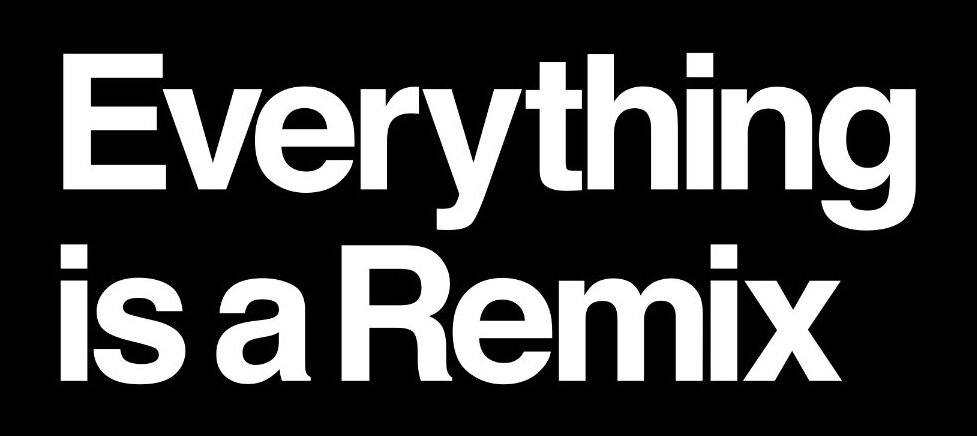The AI Lawsuits Will Fail
This week the RIAA, a trade organization representing the recording industry, unloaded two whopper copyright infringement cases targeting AI music generators, Suno and Udio. (And yes, those names are preposterous.)
Let me be clear right away: I am not a lawyer. But I have extensive experience with fair use and copyright issues over the past fifteen years. This opinion is based on intuition and practical knowledge rather than detailed legal theory.
It seems pretty clear these AI music cases, along with most generative AI cases, are going to fail for one simple reason: they’re not showing us the infringement.
This stuff ain’t that complicated
Copyright infringement is pretty straightforward. It’s either:
This is the same as that. That’s piracy.
Or…
This is too much like that. This is more ambiguous to decide, but the claims still cite specific works. For example, “Blurred Lines” was claimed to sound too much like “Got to Give It Up.” “Thinking Out Loud” was claimed to sound too much like “Let’s Get It On.”
Examples of specific and widespread infringement by generative AI software would be a game-changer for these cases, but it seems the evidence simply is not there.
The highly theoretical cases against Suno and Udio
The plaintiffs in the RIAA cases explicitly concede they’re not making claims of specific infringement, although they do provide a shockingly meager list of examples of “copying of iconic music.” They provide 3 songs from each platform. And two out of three of the Suno tracks don’t even cite particular songs. So really, there’s just one example, a Jerry Lee Lewis-like track, which yes, I would say is infringement. (Udio made the dubious move of removing the three tracks the RIAA cites.)
If generative AI consistently spat out works that infringed copyright then the law would step in. It doesn’t appear to me that it does this. Instead, the claims being made are abstract and theoretical and focus on training. My guess is that without clearer claims, cases against generative AI companies will fail.
We’ll decide, not the courts
The more likely scenario is this hornet’s nest will gradually be tamed by norms, not by law. Companies will willingly create limits because of social pressure.
For instance, a consensus has emerged that generating works in the style of specific living artists is wrong (even if it is mostly not illegal.) Neither Suno nor Udio permit this.
Using lyrics from copyrighted songs is also wrong, and further, I think it is copyright infringement. Udio does not allow this, but Suno does. I was able to generate this track using the complete lyrics from The Beatles’ “Yesterday.”
Suno had better close this door before they get legally stomped.
Overall, I don’t expect the law to settle this issue. Instead, it’ll be settled by all of us – as much as possible anyway.
(There are a lot of moving parts in these cases. If anything here is incorrect, let me know and I'll fix it.)

